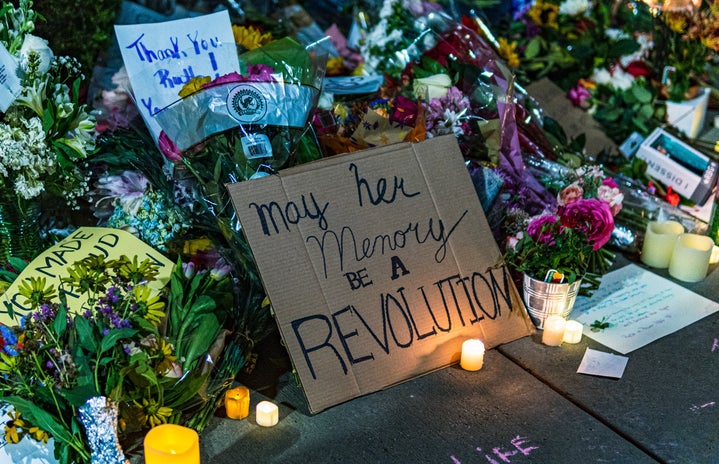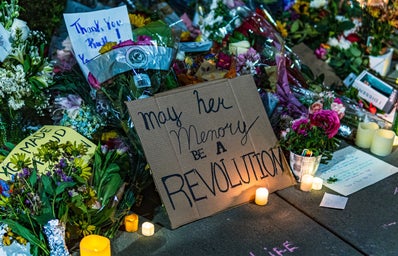Sarah Everard. Have you heard of her before?
If you are on social media or pay attention to the news, you may have heard the name Sarah Everard. On March 3rd, Sarah Everard, a young 33-year-old marketing executive, disappeared while walking home in South London. A week later on March 10, her body was found and Wayne Couzens, a police officer, has been charged with kidnapping and murder with his plea hearing and provisional set for July and October 2021.
As horrific as this is to hear, it pains many women to say they are not as surprised as they should be. Between 2012 and 2018, more than 500 police officers in the Metropolitan Police were accused of sexual assault — but only 43 of them faced any disciplinary action. In response to Ms. Everards tragic death and the women before her, thousands of women have gathered to protest. In effect, the government decided to recruit 20,000 more police officers and to station plainclothes officers in clubs and bars to protect women from harassment. Basically, the government is giving more power to many more policemen who may be the next offender instead of making progress on holding men accountable for their actions.
Unfortunately, this type of news and these statistics are not solely tied to the U.K., women all around the world are battling these same issues. This has sparked global conversations about harassment against women to be louder than before.
On a smaller scale, but no less important, I have heard and been a part of many conversations about sexual assault on college campuses. (optional: add a program Elon has in place to talk about this) It is shocking to speak to friends and peers about their experiences and to hear people say things along the lines of “Honestly, I have been approached and touch in unwanted ways so many times I forgot that it is sexual harassment or assault. I am just kind of used to it”. Whether someone is being followed at a party or hanging with friends who joke about women, there is a huge lack of accountability.
According to RAINN.org, for “undergraduate students, 26.4% of females and 6.8% of males experience rape or sexual assault through physical force, violence, or incapacitation” and “21% of TGQN (transgender, genderqueer, nonconforming) college students have been sexually assaulted, compared to 18% of non-TGQN females, and 4% of non-TGQN males”. And this is not including sexual harassment and the people who do not realize they have experienced sexual violence. This is an important aspect to highlight: it is normal to not realize you were assaulted. However, no matter how long it may take a person to comes to terms with or realize the situation, it is always valid to seek help or report it. However, it is no doubt that reporting sexual assault can be intimidating and terrifying. I have heard countless stories of people reporting their experience and receiving no justice along with criticism from peers, which makes sense why only 20% of female student victims report their incident to law enforcement.
With so much bad news it can be hard to see progress and have hope, however, with frustration and anger comes change. We need to continue to advocate for education, accountability and justice by talking with our peers, friends and family.
If you or someone you know has been assaulted and wants help, Call 800.656.HOPE (4673).


